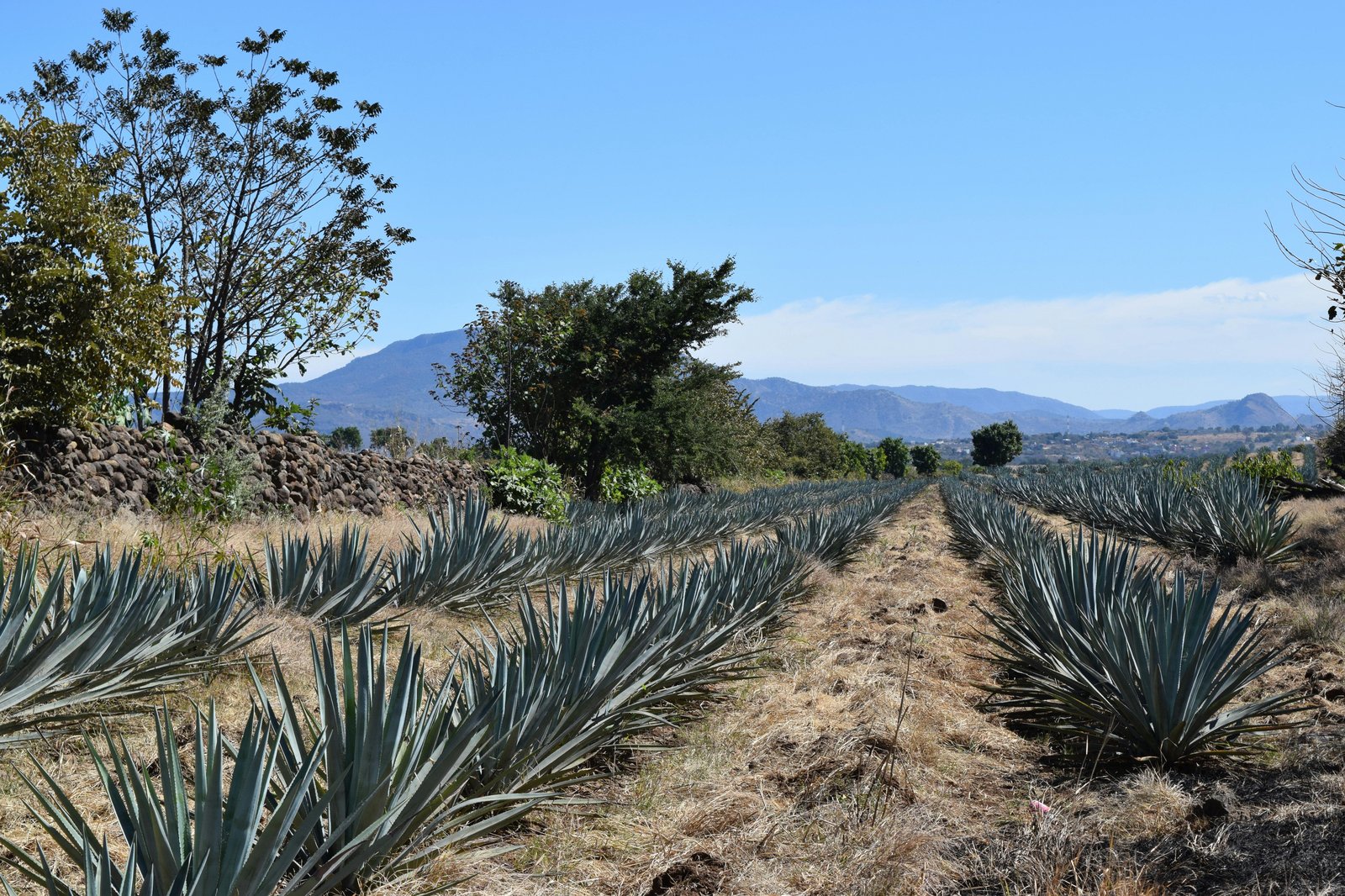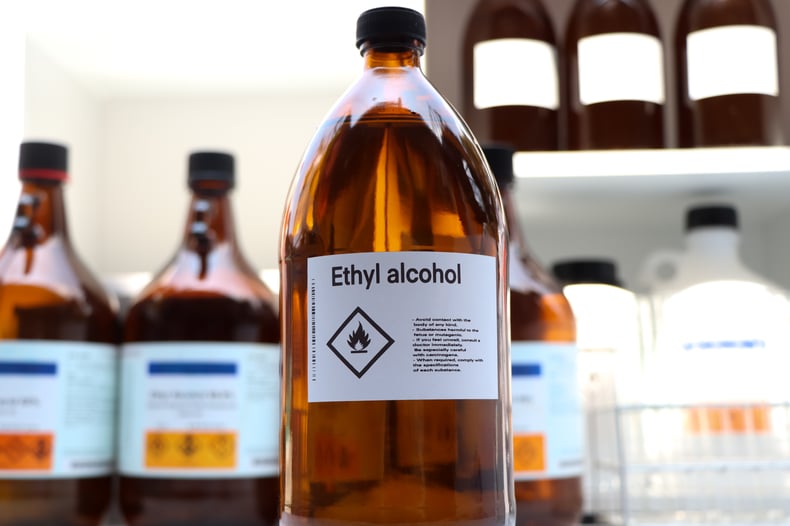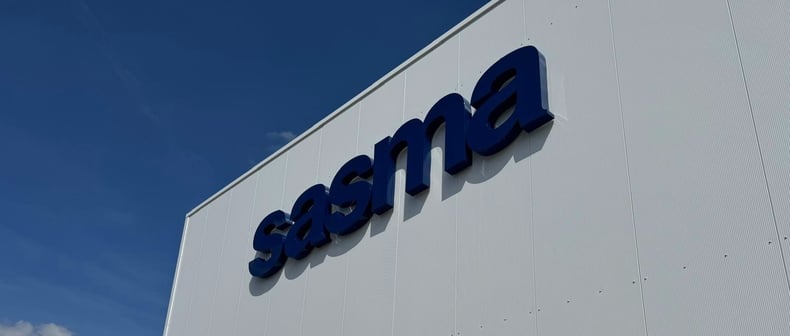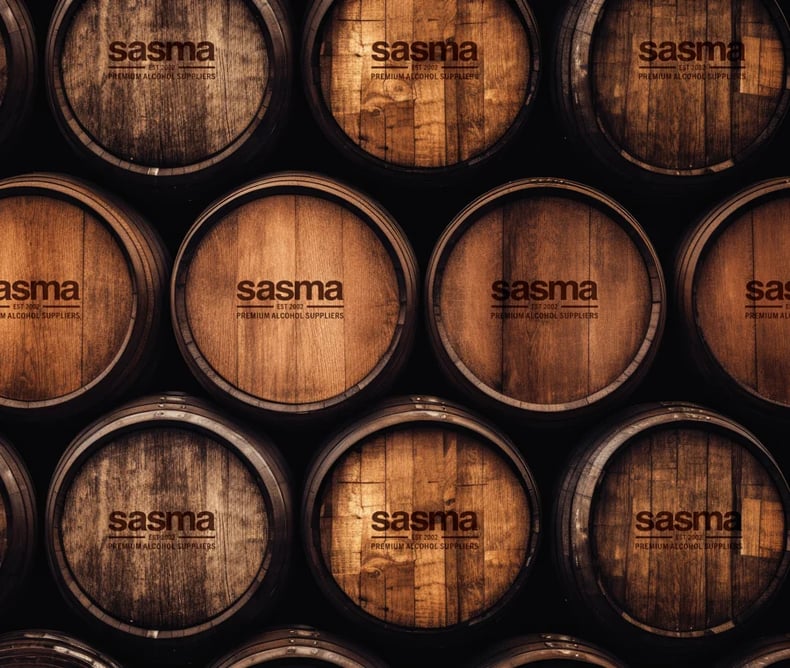
Everything You Need To Know About Agave Spirits
Agave spirits have gained global recognition for their diversity, craftsmanship, and distinctive flavor profiles. While tequila and mezcal are the most widely known examples, the category of agave spirits encompasses a range of protected Mexican distillates, each shaped by specific agave species, production methods, and regional traditions.
Understanding agave spirits starts with understanding the agave plant itself, the regulations surrounding production, and the differences between the major styles.
What Is Agave?
Agave is a group of succulent plants native to the Americas, with Mexico representing the center of biodiversity for agave species. While agave plants are now cultivated in many parts of the world for ornamental use and limited experimental distillation, the traditional and regulated production of agave spirits remains firmly rooted in Mexico.
Only specific agave species are permitted for certified agave spirits, and their use is governed by strict regulatory frameworks.
How Long Does Agave Take to Grow?
Agave plants are slow-growing compared to many agricultural crops, which contributes to the cost and complexity of agave spirit production.
In commercial spirit production, maturation timelines typically range from 6 to 12 years, depending on the agave species:
- Blue Weber agave (used for tequila) generally matures in 6–12 years
- Espadín agave (commonly used for mezcal) typically matures in 7–10 years
While some wild agave species can take significantly longer to reach maturity, these extended timelines are not representative of most commercially produced agave spirits.
Tequila: A Protected Mexican Spirit
Tequila is one of the most tightly regulated spirits in the world. It is a Denomination of Origin (DO) product, meaning it can only be legally produced in specific regions of Mexico:
- The entire state of Jalisco
- Designated areas of Guanajuato, Michoacán, Nayarit, and Tamaulipas
Even when Blue Weber agave is used, spirits produced outside these regions cannot legally be labeled as tequila.
Tequila Classifications
Not all tequila is the same. Mexican regulations define two primary categories:
- 100% Agave Tequila: all fermentable sugars come exclusively from Blue Weber agave
- Tequila Mixto: at least 51% of fermentable sugars come from agave, with up to 49% permitted from other sources, typically cane sugar
This distinction plays a significant role in flavor, labeling, and market positioning.
Mezcal: Tradition and Diversity
Mezcal is another protected Mexican spirit with its own Denomination of Origin. Unlike tequila, mezcal can be made from a wide range of agave species, which contributes to its broad flavor diversity.
Traditional mezcal production often involves cooking agave hearts in underground earthen pit ovens, a method that imparts characteristic smoky notes. However, the mezcal regulatory framework allows for multiple cooking techniques, and pit ovens—while common—are not mandatory for certified mezcal.
As with tequila, mezcal produced outside Mexico may not legally use the mezcal name, even if similar production methods are followed.
Other Mexican Agave Spirits
Raicilla and Bacanora
Raicilla and bacanora are lesser-known but officially recognized Mexican agave spirits. Both have Denominations of Origin and display wide variation in flavor profiles, influenced by:
- The agave species used
- Local terroir
- Cooking, fermentation, and distillation methods
Rather than having uniform or fixed taste profiles, these spirits can range from fruity and floral to earthy and herbaceous.
Sotol: Often Grouped, But Not Agave
Sotol is frequently discussed alongside agave spirits, but it is not distilled from agave. Instead, it is made from Dasylirion, commonly known as desert spoon, which belongs to a different botanical genus altogether.
While sotol shares geographic and cultural connections with Mexican agave spirits, it is botanically distinct.
Are Agave Spirits Produced Outside Mexico?
Agave plants are cultivated globally, and agave-based spirits are produced in countries such as the United States, Australia, and parts of South America. However, the historical tradition of distilled agave spirits is specifically Mexican.
Spirits produced outside Mexico may be inspired by Mexican methods, but they cannot legally be labeled as tequila, mezcal, raicilla, or bacanora and do not represent historical continuations of these protected categories.
A Category Defined by Regulation and Origin
Agave spirits are defined not only by raw material but also by geography, regulation, and tradition. Denominations of Origin play a central role in protecting authenticity, quality standards, and cultural heritage.
For producers, buyers, and industry professionals, understanding these distinctions is essential when sourcing, labeling, or developing agave-based products for international markets.
Contact Sasma today to explore premium agave opportunities.
FAQs
Is agave spirit the same as tequila?
Not exactly. While all tequila is an agave spirit, not all agave spirits are tequila. Tequila must be produced in designated regions of Mexico using only Blue Weber agave. Other agave spirits, like mezcal or raicilla, can be made from different agave species and in various regions, resulting in a broader range of flavors, from earthy and smoky to floral and vegetal.
How much alcohol is usually in agave spirits?
Most agave spirits contain between 35% and 55% alcohol by volume (ABV), depending on the type and region of production. Most commercial tequilas and mezcals fall between 38% and 40% ABV.
Can agave spirits be non-alcoholic?
Traditional agave spirits are inherently alcoholic. However, non-alcoholic agave-inspired alternatives do exist. These beverages mimic the flavor profile of agave spirits using extracts or agave syrup, but they do not undergo fermentation or distillation and are not considered true agave spirits.
Related articles
-

Meet Sasma’s New Warehouse Manager in Halsteren
Mark shares his background, his vision for safe & efficient operations, and how Halsteren will serve as a natural...Read more -

Is Ethyl Alcohol Halal?
Ethyl alcohol is widely used acrossmany supply chains, where it primarily serves as a functional ingredient rather than...Read more -

Sasma 2025 Year in Review
As we close out Q3, we share the key developments shaping our industry: global trade agreements & tariff shifts,...Read more -

Sasma Halsteren Facility On Track To Open April 2026
Sasma’s new Halsteren warehouse is progressing as planned, marking a significant investment in our long-term...Read more -

Exploring Bulk Whisky with Sasma: Quality, Customization, & Expertise
Understanding the factors shaping bulk alcohol pricing is crucial. Learn how raw materials, production processes, and...Read more -
.jpg?width=790&height=980&name=sasma-apr25-websize-366%20(1).jpg)
What Is A CAS Number and Why Is It Important?
Quality at Sasma more than a standard we adhere to. we're suppliers of bulk spirits & alcohol, from sourcing and...Read more
